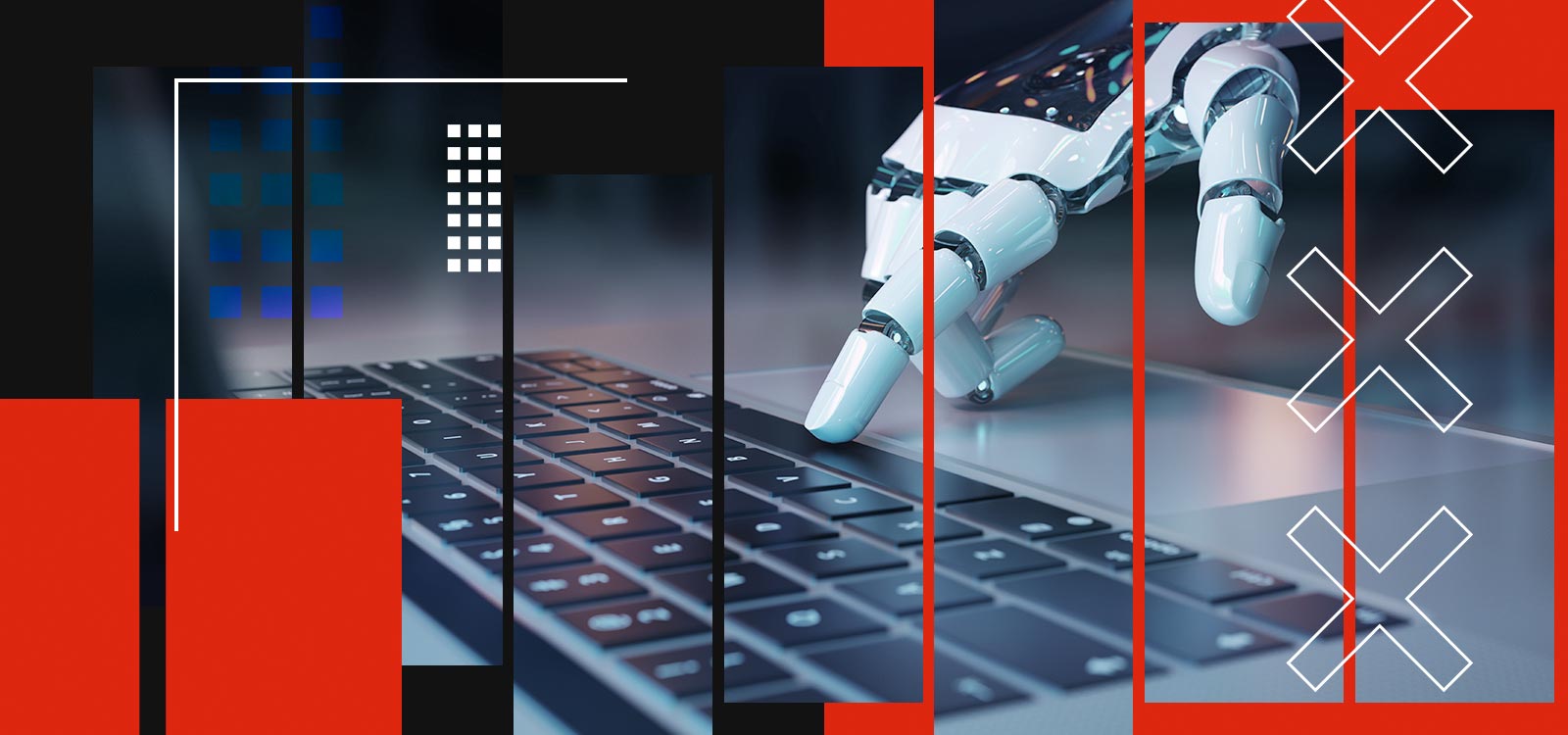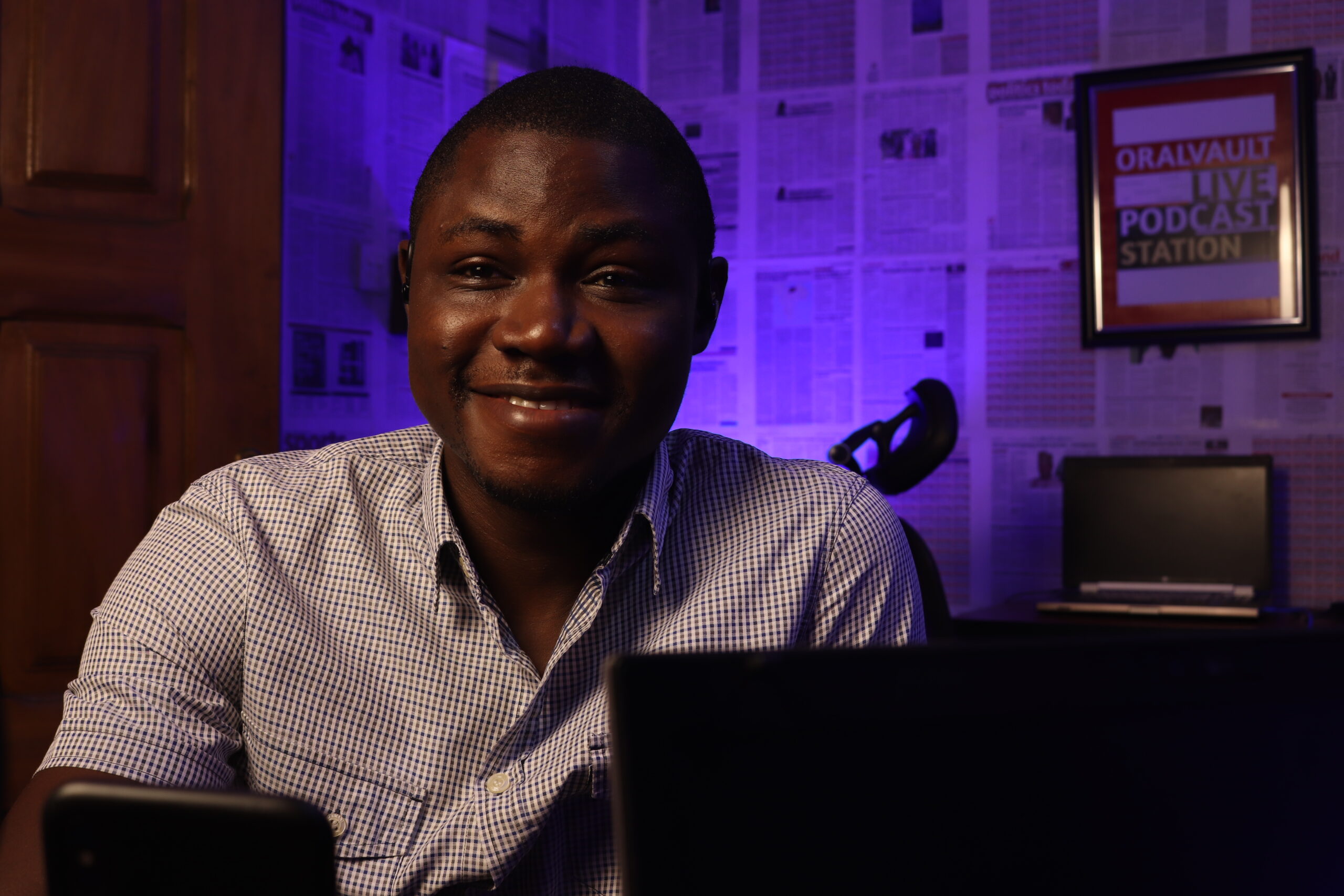
Technology creating new generation of illiterates #Wole_Soyinka

-
 play_arrow
play_arrow
Technology creating new generation of illiterates #Wole_Soyinka Radio Apprentice
Soyinka made this remark during his speech at the CANEX Live Theatre closing ceremony of the 3rd Intra – African Trade Fair, IATF 2023, in Cairo on Friday.
Next question is, How much damage has AI done to creative writing?
AI has been a controversial topic in the field of creative writing. Some argue that AI can enhance human creativity by providing new tools, inspiration and feedback. Others claim that AI can undermine human creativity by replacing human writers, plagiarizing existing works and generating low-quality content. The truth is, AI has both positive and negative impacts on creative writing, depending on how it is used and evaluated.
One of the benefits of AI is that it can help human writers overcome writer’s block, generate new ideas and explore different genres and styles. For example, OpenAI’s GPT-3 can produce coherent and diverse texts based on a given prompt, which can spark human imagination and curiosity. AI can also assist human writers in editing, proofreading and improving their texts, by providing suggestions, corrections and feedback. For instance, Grammarly can detect and fix grammatical errors, spelling mistakes and stylistic issues in human writing.
However, AI also poses some challenges and risks to creative writing. One of the drawbacks of AI is that it can create ethical and legal issues, such as plagiarism, copyright infringement and authorship attribution. For example, some AI-generated texts may copy or mimic existing works without proper citation or permission, which can violate intellectual property rights and harm original authors. AI can also produce texts that are misleading, inaccurate or harmful, such as fake news, propaganda or hate speech. For example, some AI-generated texts may contain false or biased information, which can manipulate or deceive readers.
Therefore, AI has done both damage and benefit to creative writing, depending on how it is used and evaluated. AI is not a threat or a substitute for human creativity, but rather a tool or a partner that can augment human creativity. The key is to use AI responsibly and critically, by acknowledging its limitations, respecting its sources and verifying its outputs.


